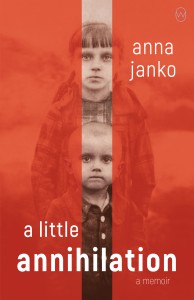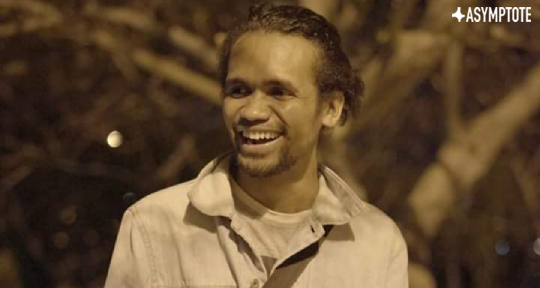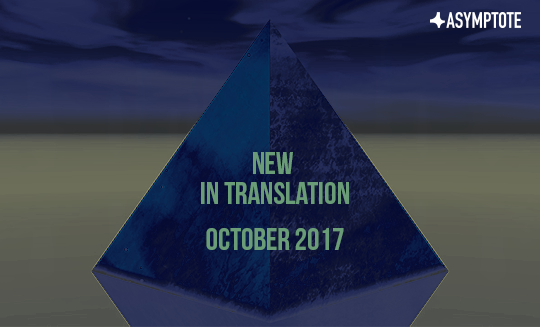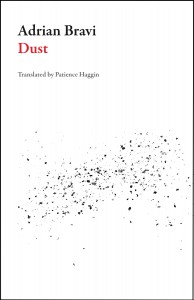In Antonio, our Book Club selection for March, acclaimed Brazilian writer Beatriz Bracher uses the mystifying, sustaining story of one family’s tragedy to paint a larger portrait of a tumultuous nation’s political and sociological landscape, reverberating through the discrete lives of its citizens. Constructed in a triad of narratives and rich with the fullness of voices in distinct oration, Antonio is both an electrifying mystery and a carefully constructed study of inheritance. In the following interview, Assistant Editor Nicole Bilan discusses with translator Adam Morris about the rigors and pleasures of translating this multifarious, scrupulously woven text.
The Asymptote Book Club aspires to bring the best in translated fiction every month to readers around the world. You can sign up to receive next month’s selection on our website for as little as USD15 per book; once you’re a member, you can join the online discussion on our Facebook page!
Nicole Bilan (NB): I’m going to be really reductive with my first question and say that Antonio is like a book of stories—or various perspectives of the same story—and this makes it quite difficult to kind of pin down its continuity. How did you navigate this ambiguity, that dynamic of mystery?
Adam Morris (AM): Well, one thing that helped was that I actually decided not to read the novel the whole way through before translating it. When New Directions accepted my initial proposal to translate I Didn’t Talk, they wanted to make sure that they had a follow-up. I recommended Anatomy of Paradise (2015), the author’s most recent novel, but the editors decided on Antonio, which I had only sampled for the purposes of writing the proposal. After reading about four or five chapters, I decided that if there was a chance I going translate Antonio, I wouldn’t want to know the explanations behind the novel’s central family secret as I worked; I wanted to find out as I was translating, to see if I could replicate that sense of not-knowing the reader is supposed to experience. So that’s what I did.
NB: That is an absolutely incredible thing to do, because even encountering it as a reader, you’re just constantly thinking: Wait, hold on, hold on, I’m lost. And then it hits you all at once. So how did you find it looking back in retrospect, trying to untangle those pieces of information—how did you refine something that’s so messily constructed in a way?
AM: I think “tangle” and “untangle” are the right verbs to use here; that was what it felt like to be working with the three narrators of Antonio. The way this novel is constructed, the voices aren’t interwoven. They’re tangled. It feels deliberately very messy, as you said; there’s conflicting information disclosed by the three voices as they evolve throughout, each becoming more familiar with their silent interlocutor, Benjamim. And one of the ways that I handled the untangling of these competing strands was to look at the novel in continuity, with each voice isolated, to see how they individually evolved without interference from the others—it’s almost impossible, of course, because their interlocutor transmits portions of each of their stories to the others, and they respond accordingly. So I tried to look at the story as a whole, and then as discrete narrative lines, and then finally reconstructed a synthesis with my revisions. But for the first draft, I just went straight through; I wanted the conversational approach that Bracher adopts to feel as natural as possible. That’s why, when I’d first started reading the novel, I knew I needed to stop. I wanted to preserve and capture the narrative effects. READ MORE…
















